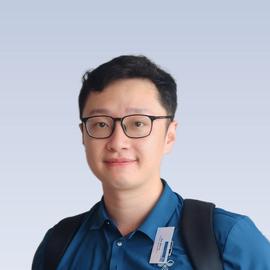Abstract
To achieve universal quantum computation via general fault-tolerant schemes, stabilizer operations must be supplemented with other non-stabilizer quantum resources. Motivated by this necessity, we develop a resource theory for magic quantum channels to characterize and quantify the quantum “magic” or non-stabilizerness of noisy quantum circuits. For qudit quantum computing with odd dimension , it is known that quantum states with non-negative Wigner function can be efficiently simulated classically. First, inspired by this observation, we introduce a resource theory based on completely positive-Wigner-preserving quantum operations as free operations, and we show that they can be efficiently simulated via a classical algorithm. Second, we introduce two efficiently computable magic measures for quantum channels, called the mana and thauma of a quantum channel. As applications, we show that these measures not only provide fundamental limits on the distillable magic of quantum channels, but they also lead to lower bounds for the task of synthesizing non-Clifford gates. Third, we propose a classical algorithm for simulating noisy quantum circuits, whose sample complexity can be quantified by the mana of a quantum channel. We further show that this algorithm can outperform another approach for simulating noisy quantum circuits, based on channel robustness. Finally, we explore the threshold of non-stabilizerness for basic quantum circuits under depolarizing noise.
Publication
New Journal of Physics

Associate Professor
Prof. Xin Wang founded the QuAIR Lab at HKUST (Guangzhou) in June 2023. His research aims to advance our understanding of the limits of information processing with quantum systems and the potential of quantum artificial intelligence. His current interests include quantum algorithms, quantum resource theory, quantum machine learning, quantum computer architecture, and quantum error processing. Prior to establishing the QuAIR Lab, Prof. Wang was a Staff Researcher at the Institute for Quantum Computing at Baidu Research, where he focused on quantum computing research and the development of the Baidu Quantum Platform. Notably, he led the development of Paddle Quantum, a Python library for quantum machine learning. From 2018 to 2019, he was a Hartree Postdoctoral Fellow at the Joint Center for Quantum Information and Computer Science (QuICS) at the University of Maryland, College Park. Prof. Wang received his Ph.D. in quantum information from the University of Technology Sydney in 2018, under the supervision of Prof. Runyao Duan and Prof. Andreas Winter. He obtained his B.S. in mathematics (Wu Yuzhang Honors) from Sichuan University in 2014.